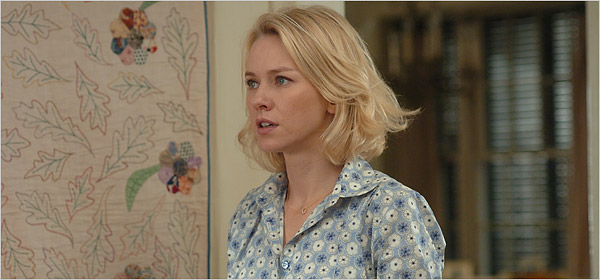
ENG111 -- Introduction to Literature: Beholding Violence in Drama and Film
Prof. Eileen Joy
Summer 2011
DISCUSSION QUESTIONS #1: Michael Haneke's Funny Games

Respond to TWO of the following prompts:
1. In his essay, "Some Politically Incorrect Reflections on Violence in France and Related Matters," Slavoj Zizek argues that the hidden opposite of the "much-praised American individualism and self-reliance" is "the secret awareness that we are all helplessly thrown around by forces out of our control." Further, he argues that the true hero of today might be Job [from the Old Testament] because he refused to find any deeper meaning in the suffering he encounters. Describe, in detail, how Haneke's film Funny Games might illustrate the ideas that we are all thrown around by forces our of our control and/or that there is no deeper meaning in suffering.
2. Michael Haneke, the director of Funny Games, once said, "The question isn't how do I show violence? but rather how do I show the spectator his position vis-à-vis violence and its representation?" How, exactly, do you think Haneke contructs Funny Games in order to emphasize, not the violence itself, but our relation, as viewers, to that violence?
3. In Funny Games, Haneke chose to stage most of the violent episodes off-screen. For example, when one of the two young men shoot the son, the camera is focused on the other young man making a sandwich in the kitchen and we just hear the rifle shot. Why do you think Haneke chose to stage many of the violent episodes this way?
4. Describe in detail how Funny Games illustrates what Haneke has said is one of his objectives with his movies: "The cinema has tended to offer closure on [certain difficult and disturbing] topics and to send people home rather comforted and pacified. My objective is to unsettle the viewer and to take away any consolation or self-satisfaction."
5. In relation to Aristotle's Poetics, as Joe Sachs writes, "Ask yourself how you feel at the end of a tragedy. You have witnessed horrible things and felt painful feelings, but the mark of tragedy is that it brings you out the other side. Aristotle's use of the word catharsis is not a technical reference to purgation or purification but a beautiful metaphor for the peculiar tragic pleasure, the feeling of being washed or cleansed." The tragic pleasure is a paradox. As Aristotle says, in a tragedy, a happy ending doesn't make us happy. At the end of the play the stage is often littered with bodies, and we feel cleansed by it all. Do you think Haneke's film Funny Games gives us catharis? At the end of the film, how do you feel about the violence you witnessed? Is there any meaning to it, and do you feel as if you have somehow become a different person after watching it, and how so?
Please respond to the questions with full, complete sentences. You should write approximately two typed, double-spaced pages (total) in response to the prompts you choose (but let's not get distracted by these fine points of detail--what matters to me is that you respond to these prompts with thoughtfulness and care and show me that you have something of substance to say in relation to the reading and discussions we have had, and what that ultimately means is: MORE is always better than less, but one page per prompt is the minimum). The questions are always interpretive in nature, and therefore there are NO right or wrong answers, only your opinion (an opinion, nevertheless, that's hopefully grounded in a close reading of the text as well as a close attention to background material presented through online links). You will want to refer to and/or quote specific passages from the text in order to support your observations and ideas.
Responses should be saved as .doc or .docx [Microsoft Word] files and sent to eileenajoy@gmail.com as email attachments.